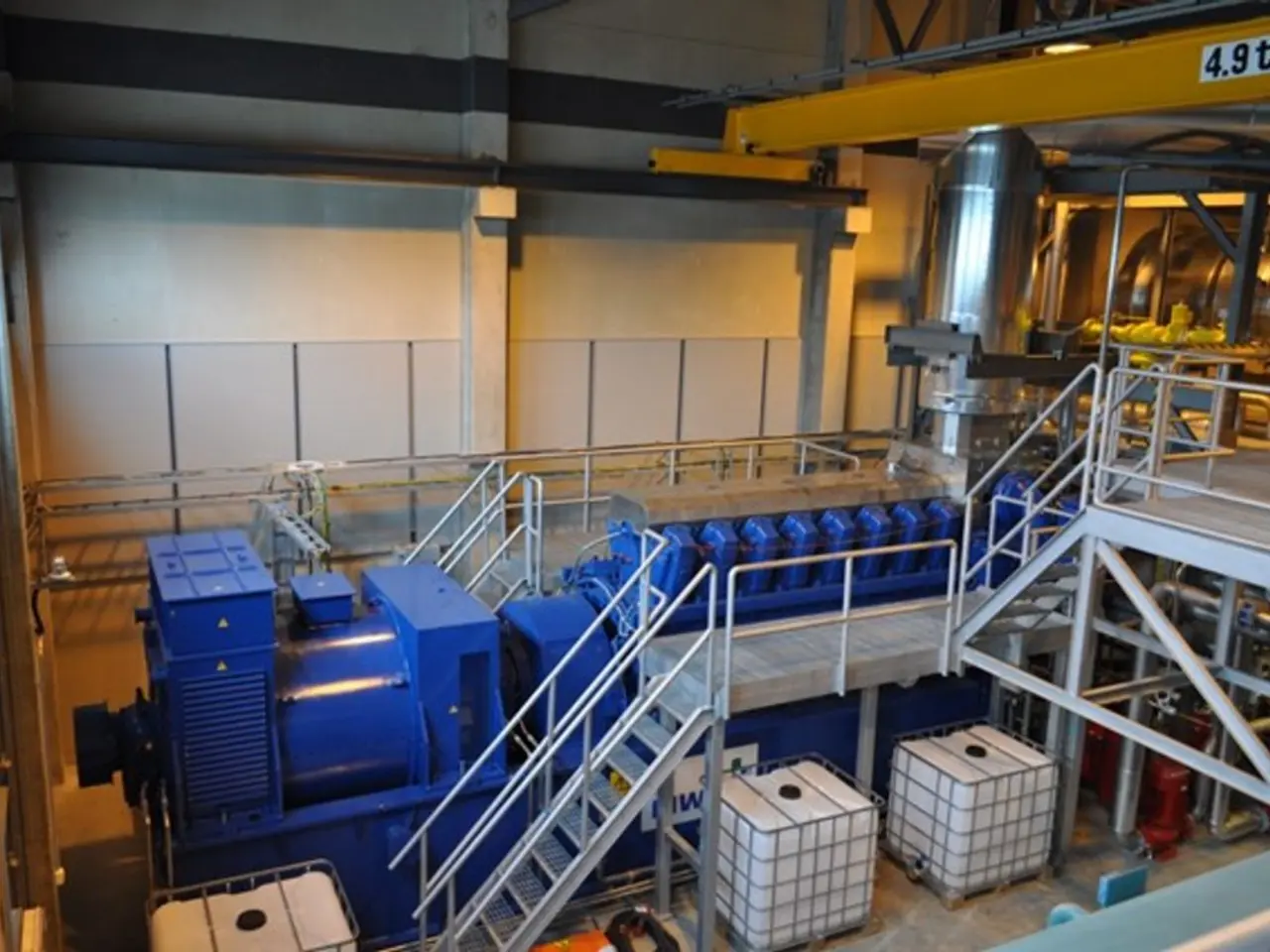Automobile sector experiences deterioration in first half of the year, coupled with a disappointing June performance. - Slumping auto market experiences a further decline in June, concluding a challenging first half of the year.
The German automobile market faced a challenging start to 2023, as new car registrations decreased by 4.7% compared to the same period in 2022, according to a representative of the consulting firm EY, Constantin M. Gall. This decline was particularly notable in June, when registrations dropped almost 14%.
The market's struggles can be attributed to several converging factors. The aftermath of the COVID-19 pandemic, supply chain disruptions, factory shutdowns, and economic challenges have all contributed to the downturn. The cooling of China's economic growth and the resulting loss of momentum in key markets have further exacerbated the situation.
In the context of these challenges, major domestic automakers like Volkswagen, Mercedes-Benz, Audi, and Porsche have experienced declines or stagnation in sales volume. Volkswagen registered 286,000 new car registrations in the first half of 2023, a decrease compared to the same period in 2022. Mercedes-Benz registered 127,000 new car registrations, and Tesla, an electric vehicle brand, saw a significant drop, with only 8,890 vehicles registered in Germany during the same period, a loss of nearly two-thirds of its registrations.
However, the electric vehicle segment has shown comparatively better growth. Brands such as Polestar have demonstrated strong growth despite the overall market decline. Polestar's sales more than doubled sequentially from May to June 2023, hitting a two-year high with 517 vehicles sold in June, and sales rose 54.8% compared to the previous year. Polestar benefited from extended incentives like bonuses and 0.0% financing offers, which boosted its market performance.
Tesla's performance in the German market remains a notable exception, with the company facing setbacks in the first half of 2023. The market share of Tesla in Germany currently stands at just 0.6%.
EY's Gall stated that the demand for new cars remains very weak, primarily due to the ongoing economic downturn, leading to investment restraint among companies and job insecurity among consumers. High new car prices, a result of increasing regulation, are also contributing to the weak demand in the German automobile market.
Despite these challenges, Gall does not anticipate a recovery in the German automobile market in the near future, neither in Germany nor in Europe. However, the market for electric vehicles in Germany grew by over 35% in the first half of 2023, offering a glimmer of hope for the future of the industry.
- In an attempt to revitalize the struggling automobile market, some community policies may consider investing in vocational training for the automotive sector, particularly in electric-vehicle production.
- As the demand for traditional fossil fuel-based automobiles wanes, finance institutions could allocate more resources towards funding electric vehicle development and manufacturing, benefiting the industry and the environment.
- With the rise of electric vehicles, energy companies may need to adjust their strategies to accommodate the increasing demand for charging infrastructure, ensuring a smooth transition towards sustainable transportation.
- In the continually evolving lifestyle trends towards sustainability, the surge in electric vehicle sales indicates a potential shift in the German automobile market, with brands focusing on vocational training for skilled workers in the electric-vehicle industry to maintain a competitive edge.




